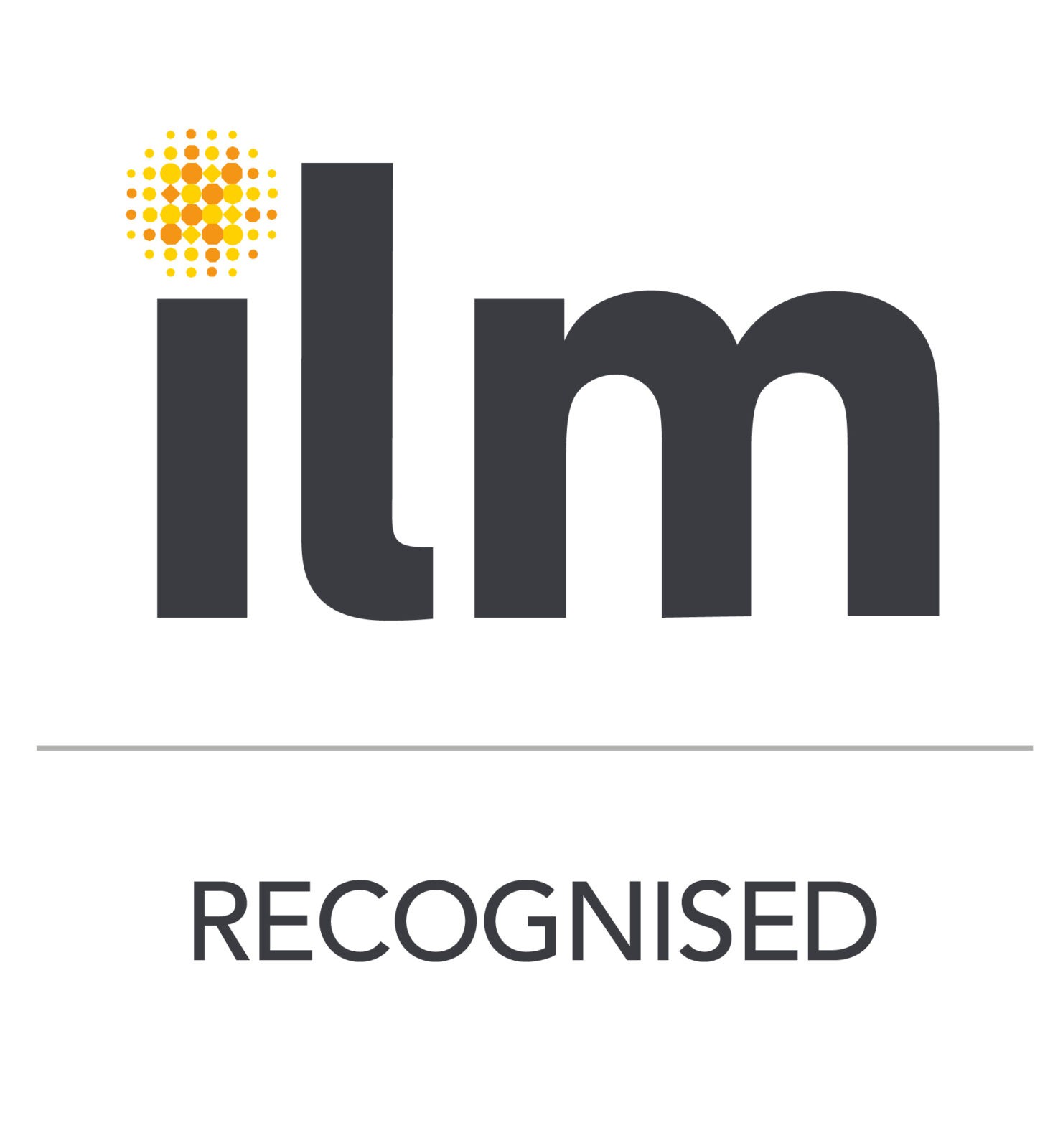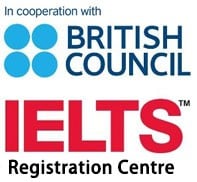Get your CQE certification in Abu Dhabi at the Regional Educational Institute.
The Certified Quality Engineer is a professional who understands the principles of product and service quality evaluation and control. This body of knowledge and applied technologies include, but are not limited to, development and operation of quality control systems, application and analysis of testing and inspection procedures, the ability to use metrology and statistical methods to diagnose and correct improper quality control practices, an understanding of human factors and motivation, facility with quality cost concepts and techniques, and the knowledge and ability to develop and administer management information systems and to audit quality systems for deficiency identification and correction.
Who Should Attend?
• QA/QC Engineer/ Manager
• Supervisors
• Functional Managers
• Operations Managers
• COO
• CEO
• Quality Management Consultants
Topics Covered:
Topics as per the Body of Knowledge (BOK). This Training provides useful guidance to the candidates preparing to take the ASQ – CQE certification exams.
• Management & Leadership
• The Quality System
• Product and Process Design
• Product and Process Control
• Continuous Improvement
• Quantitative Methods and Tools
Learning Outcomes:
• Fundamental understanding of quality philosophies, principles, systems, methods, tools,
• standards, organizational and team dynamics, customer expectations and satisfaction, supplier relations and performance, leadership, training, interpersonal relationships, improvement systems, and professional ethics.
• Understanding of a quality system and its development, documentation, and implementation to domestic and international standards or requirements.
• Basic understanding of the audit process including types of audits, planning, preparation, execution, reporting results, and follow-up.
• Develop and implement quality programs, including tracking, analyzing, reporting, and problem solving.
• Plan, control, and assure product and process quality in accordance with quality principles, which include planning processes, material control, acceptance sampling, and measurement systems.
• Reliability, maintainability, and risk management, including key terms and definitions, modeling, systems design, assessment tools, and reporting.
• Problem solving and quality improvement tools and techniques. This includes knowledge of management and planning tools, quality tools, preventive and corrective actions, and how to overcome barriers to quality improvements.
• Acquire and analyze data using appropriate standard quantitative methods across a spectrum of business environments to facilitate process analysis and improvements.



